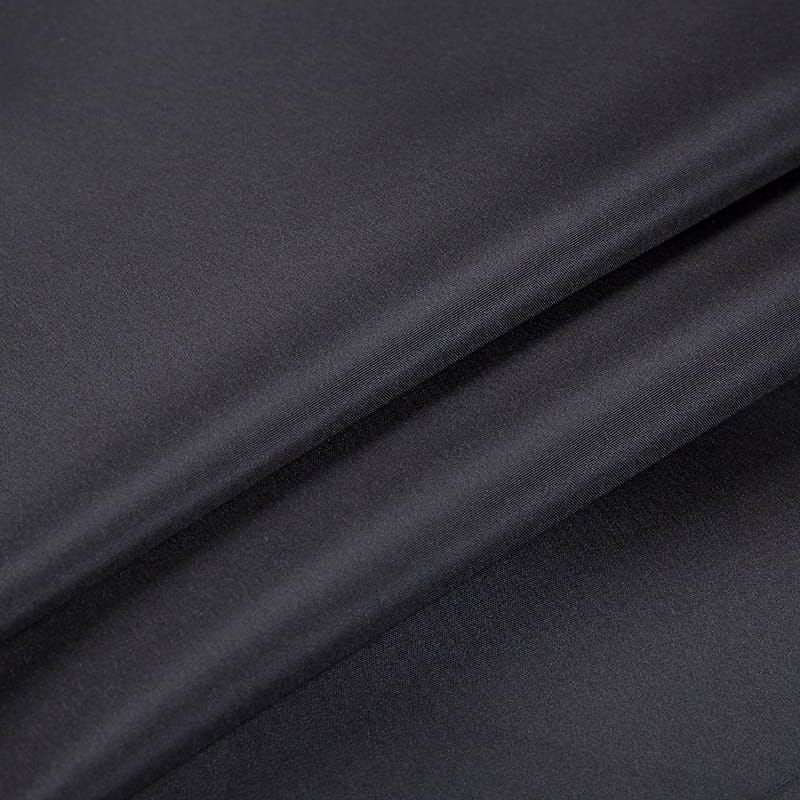
There are some significant differences between polyester fabric and natural fabrics such as cotton and wool, which involve their origin, properties, characteristics and uses. Here are some of the main differences between them:
Source:
Polyester fabric: is a synthetic fiber, usually made from polyester resin. These resins are chemically treated and spun into polyester fibers.
Cotton: Cotton fiber comes from the cotton plant and is a natural plant fiber.
Wool: is a natural animal fiber extracted from wool.
Nature:
Polyester fabric: Highly wear-resistant, wrinkle-resistant, fade-resistant, and easy to clean. It also has better elasticity and strength.
Cotton: Has good moisture absorption and breathability, making it very popular in summer. However, cotton has a certain tendency to wrinkle and is relatively easy to wrinkle.
Wool: has excellent thermal insulation properties, keeping warm while also having good moisture absorption.


Comfort:
Polyester fabric: Typically thinner and relatively slippery to the touch, but may not be as breathable as natural fibers.
Cotton: Has a soft feel and is very breathable, making it ideal for summer and sportswear.
Wool: Has insulating properties and is therefore often used in cold season clothing.
Use:
Polyester fabric: widely used in making clothing, bedding, outdoor products, etc.
Cotton: Commonly found in everyday clothing such as shirts, T-shirts, and jeans, and also used in bedding.
Wool: Suitable for making winter coats, woolen sweaters and other warm clothing.
Environmental considerations:
Polyester fabric: is a synthetic material whose production may involve some impact on the environment, and it is generally not biodegradable.
Cotton: It is a biodegradable natural fiber and is relatively more environmentally friendly.
Wool: It is also a natural fiber, but its production may have some impact on grassland and water resources.



 English
English Español
Español










